We're taking back Black Friday
It is estimated that more than 200,000 tonnes of textiles are sent to landfill each year in New Zealand, alone. Textiles should never be sent to landfill, they release greenhouse gases and take a long time to break down. Natural fibre clothing contains valuable resources that can be used again in a circular system, a much preferred solution than simply throwing something away. So far we've diverted more than 8 tonne of end-of-life textile waste from landfill, and we’re just getting started.
*Grab a textile take back bag here and help keep this valuable resource out of landfill and make your cotton go another round. Use ‘takebackblackfriday’ at checkout and get 1 bag for free only valid from 25-28 Nov.*
“Black Friday represents fashion’s systemic overproduction problem, with big brands thoughtlessly churning out new products at the cost of people and the planet.”
- The Fashion Revolution
But why Black Friday and where did this mass consumer event come from? Well we wrote a brief history of Black Friday because we wondered the same thing, here’s what we found out.
It all started way back in the 1860’s
The first known usage of the term ‘Black Friday’ dates back to September 24, 1869 when it was used to reference the crash of the U.S gold market, the drop in price of gold causing wall street financiers to lose millions, the day came to be known as ‘Black Friday’.
1950’s-60’s, the chaos of holiday shoppers
The term is said to have made an appearance again in the 1950’- 60’s in Philadelphia, USA, when police officers used the term to describe ‘the chaos that resulted when large numbers of suburban tourists came into the city to begin their holiday shopping.’
1980’s, from red to black, a marketing opportunity
Then came the marketing opportunity for retailers, and ‘Black Friday became associated with the idea that when stores operate at a loss they are in the ‘red’ and when they are able to make a profit they ‘go into the black’. Black Friday is the day after Thanksgiving and this came about because shoppers were most likely to start spending money on gifts at this time, which also made it the unofficial start to the holiday shopping season.
It's important to note the hysteria in some parts of the world around this event, it has seriously injured and even taken people’s lives, no one should ever have to die because of a sale.
2011, the anti black friday movement
Since then anti black friday campaigns have started to crop up, but we’re certainly not there yet. People are wanting to shop more and more in line with their values and beliefs which means they will go out of their way to find fashion brands that are ethical, transparent, fair trade and actively minimising their impact on the environment and people.
It’s said that the revolution against Black Friday officially began in 2011. Preceding that year’s onslaught, Patagonia bought a full-page ad in the New York Times, featuring a photo of a fleece with the words “Don’t Buy This Jacket.”
“The majority of the people who make our clothes live in poverty. In fact, Oxfam estimates that it would take a major fashion CEO just 4 days to earn what a female garment worker in Bangladesh will earn in her entire lifetime. Her entire LIFETIME! We want to see an end to this hyper-discount culture where there is so little value placed on clothing, the resources used to produce it or the people who make it. We, as consumers and as global citizens, deserve better from our wardrobes.” - Fashion Revolution
It’s so important in today’s society to question where our clothes come from, who makes them and what their working conditions are like. You can ask yourself… Will I love and use this item for a long time? Have I considered how it was made, what it’s made from and how I will recycle it at the end of its life?
Black Friday is the epitome of consumer culture. We need a system where items are used to their full potential, repaired wherever possible, recycled to be made into new items and discarded only when absolutely necessary.
But why is recycling textile waste so important?
“It’s just one t-shirt said 8-billion people”. Textile waste and fast fashion are one of the largest polluters in the world with over 100 billion garments produced worldwide each year, and it’s estimated that less than 1% of that is ever recycled. LESS THAN 1%! We don’t want to add to that and every t-shirt recycled is a WIN to us.
And guess what sorry to say it but it get’s worse… more than 60%, of the 100 billion garments, produced annually are not easily recyclable as they contain plastics. Polyester, nylon, acrylic are all petroleum based plastics. Currently there are no fibre-to-fibre solutions for plastic or plastic blended clothing. While it’s positive to see more down cycling initiatives pop up the environmental impact of polyester and plastic based textiles is huge - particularly when we consider micro-shedding and the time it takes to break down, if it does even break down.
When it comes to clothing our opinion is that natural fibres are always best, they break down quicker. Of course there are some exceptions where natural fibre isn’t practical. High performance products, swimwear and rain coats for example would not be very effective if made from cotton. Our thoughts on these items is that they generally not washed as often and you should pay extra care to extend the life of these products where possible. We hand rinse our swimmers and spot clean our coats when necessary.
That’s where the Little Yellow Bird circular cotton initiative comes in
You and I know, there just has to be a better way, so at Little Yellow Bird we're doing everything we can to work toward a circular economy. Circularity means every business is accountable for where their products end up at the end of their useful life.
The Circular Cotton Collective is a huge step in the right direction. Focused on making sustainable products made to be made again, reducing waste, repurposing, recycling, and keeping textile waste out of landfill is the highest priority. There is no planet B.
The Circular Cotton Collective is the first industry collective that is pooling resources and sharing the costs to aggregate, sort, and re-distribute or recycle end-of-life cotton, reducing textile waste in Aotearoa. We know that cotton is a valuable resource so it just doesn't make sense to waste it. That's why we're working with other leading brands to join forces to reduce waste.
How can you get involved?
Grab a Take Back Bag, Take Back Tote (for Wellingtonians only so far) or a Take Back Box and recycle your end of life cotton with us and make your cotton go around again.
Why does it cost? The Circular Cotton take back bags, boxes and totes need to cover the cost of labour, marketing, grading, sorting, bailing, warehousing, shipping and repurposing the waste to keep it out of landfill.
We are working towards a circular future and by closing our doors on the busiest shopping day of the year we’re saying no to fast fashion, poor working conditions and unethical practices. We hope others will join us! Here’s to a circular future, are you with us? #takebackblackfriday
Sources:
https://sustainablebrands.com/read/behavior-change/growing-anti-black-friday-movement-spurns-overconsumption-unsustainable-holiday-shopping
-
https://www.fashionrevolution.org/take-back-black-friday-a-end-to-overproduction-overconsumption-and-waste/ https://www.huffpost.com/entry/black-friday-history-why-is-it-called-black-friday_l_5d951322e4b02911e1154386 https://www.mentalfloss.com/article/31581/brief-history-black-friday https://www.usatoday.com/story/money/2021/11/24/history-of-black-friday/8722089002/ https://www.patagonia.com/stories/dont-buy-this-jacket-black-friday-and-the-new-york-times/story-18615.html https://ellenmacarthurfoundation.org/ https://www.rnz.co.nz/national/programmes/checkpoint/audio/2018836343/government-urged-to-provide-better-clothing-recycling-options https://pirg.org/california/articles/the-fashion-industry-waste-is-drastically-contributing-to-climate-change/



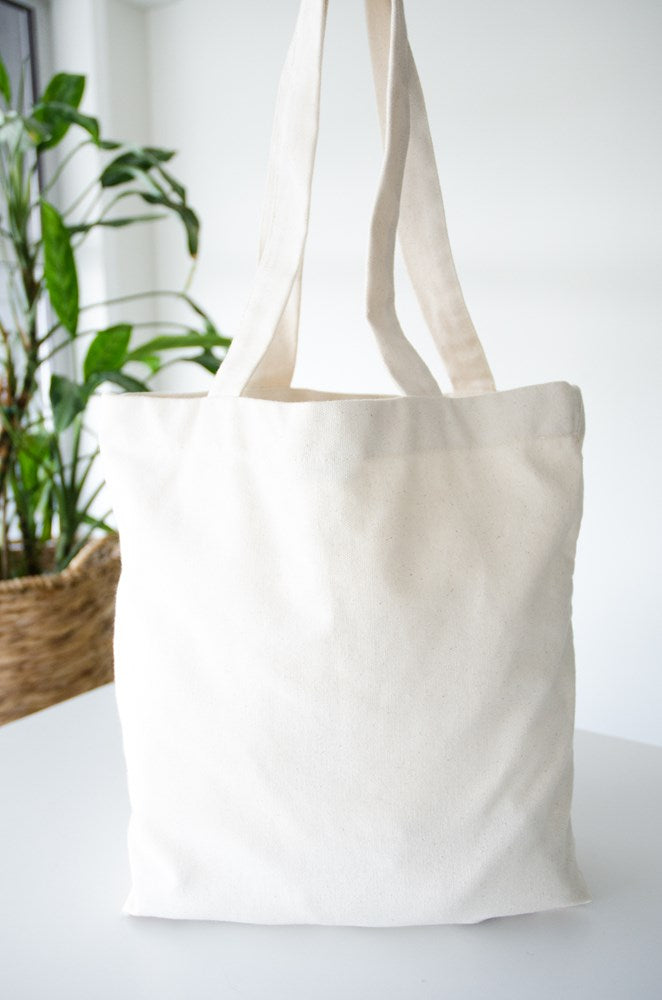
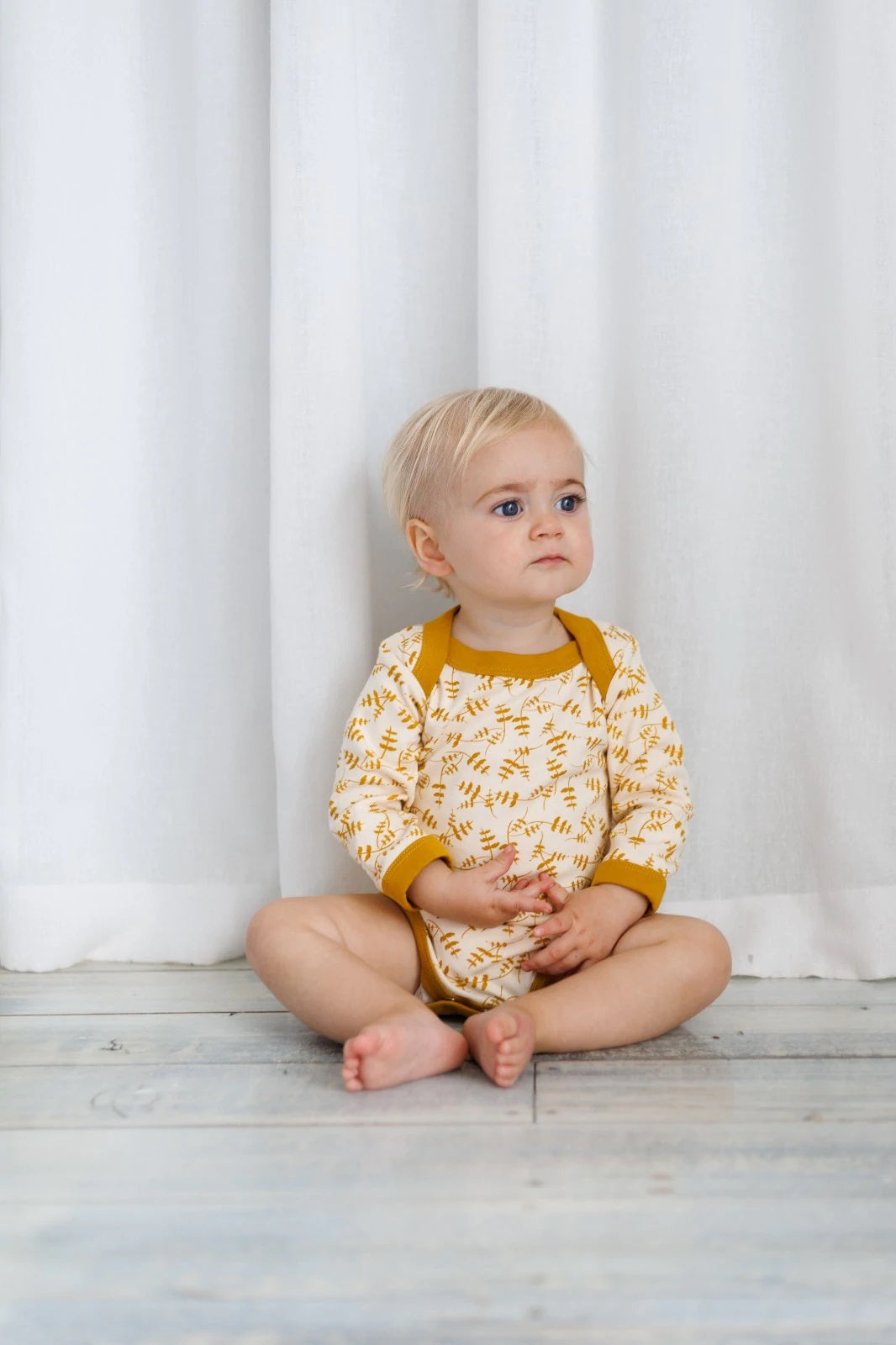

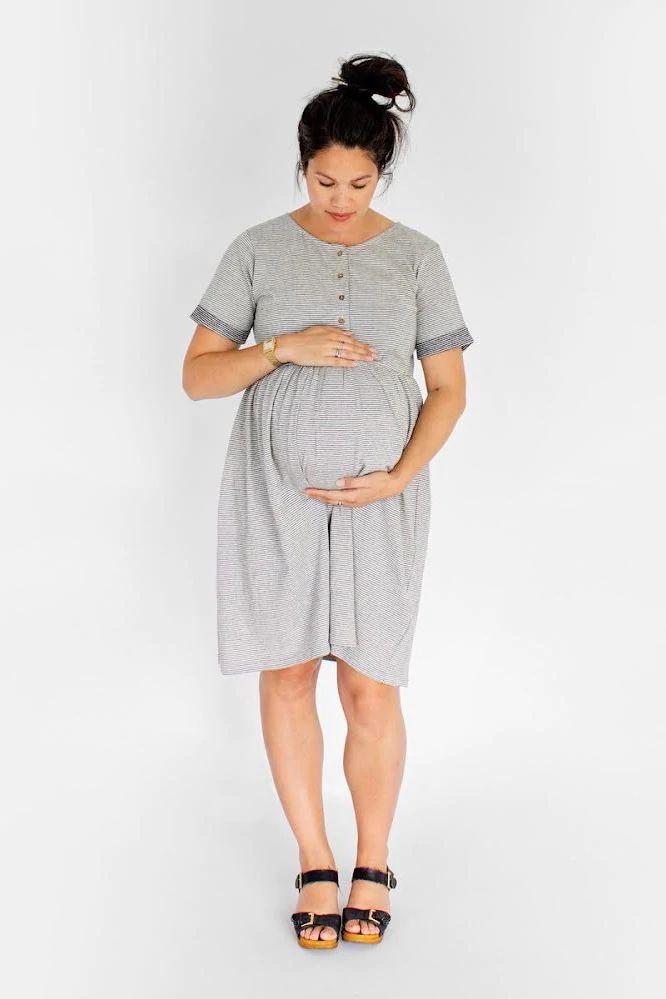

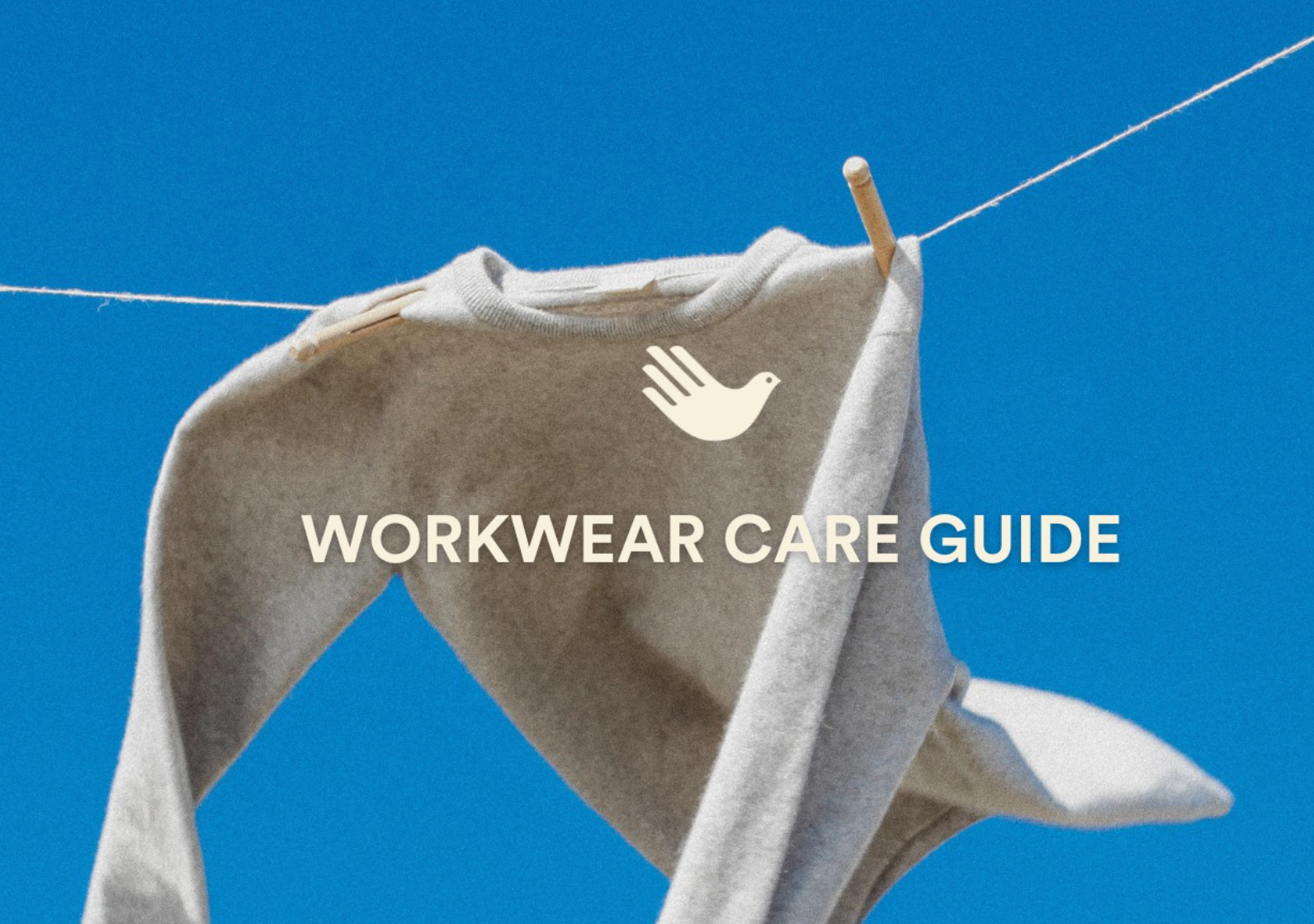
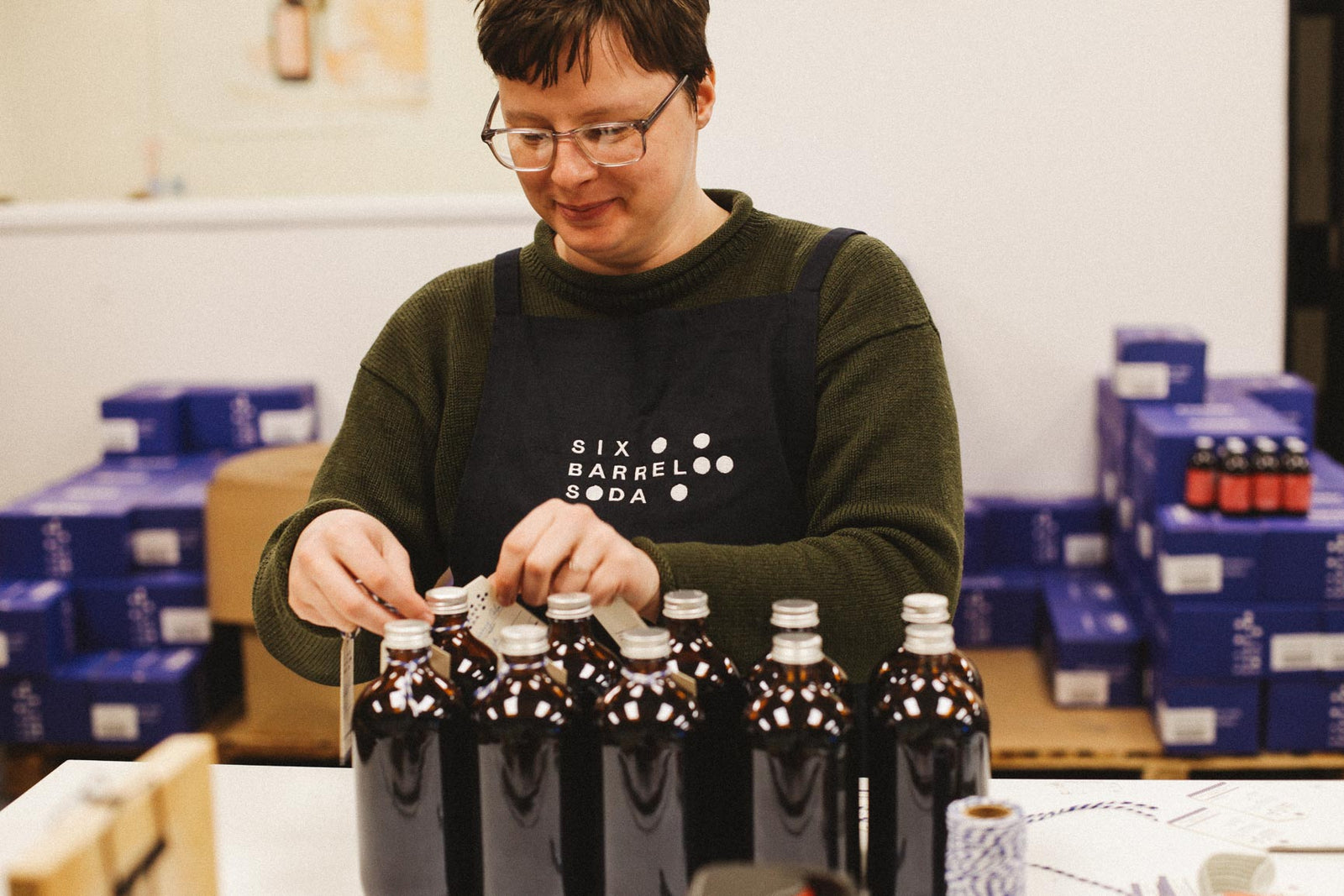
Leave a comment (all fields required)